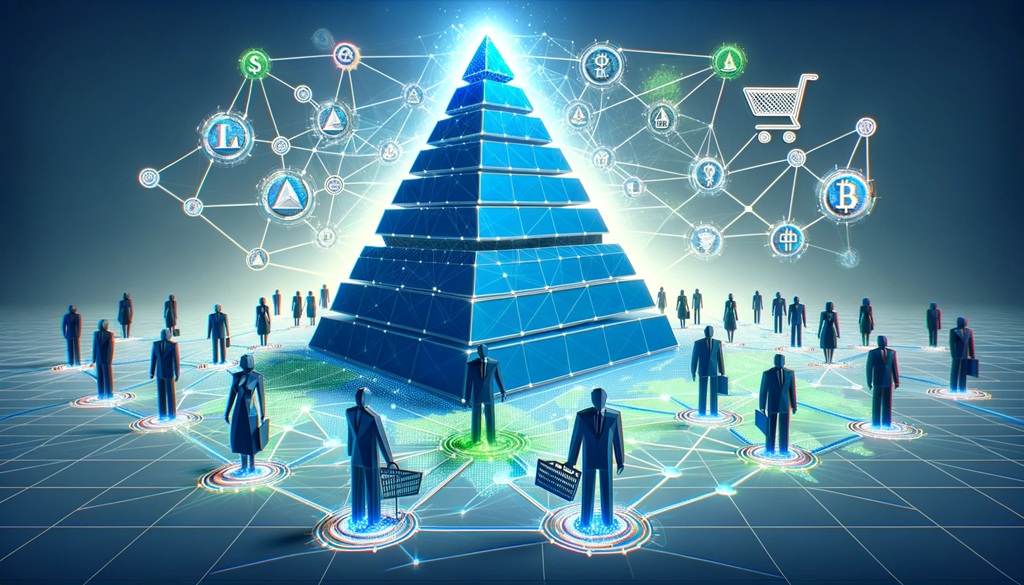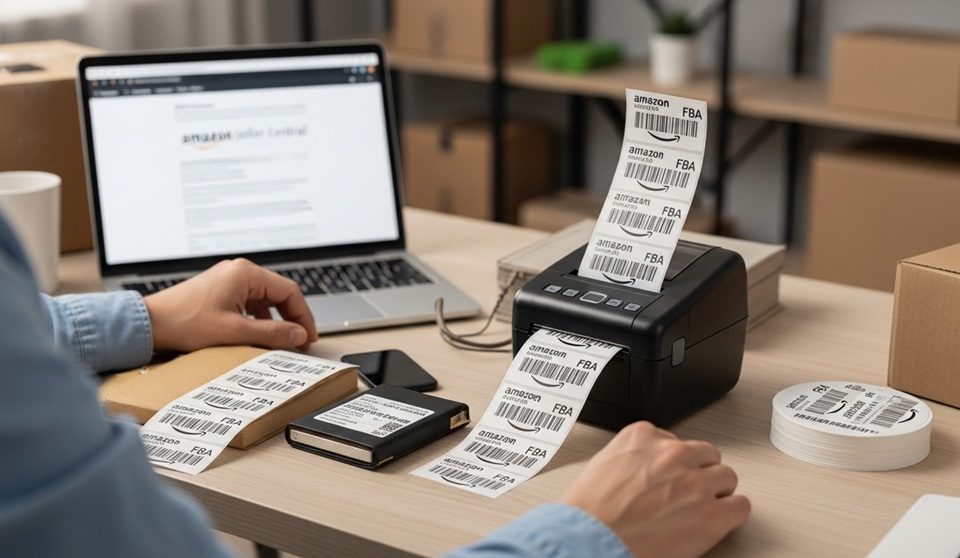MLM and the Rise of Social Commerce Platforms: A Game-Changer or a Passing Trend?

Non-Invasive Teeth Whitening Options for Sensitive Teeth
February 1, 2025Five benefits of drain surveys
February 11, 2025The multi-level marketing (MLM) industry has undergone a radical transformation over the past decade. Traditionally, MLM companies relied on face-to-face interactions, home parties, and word-of-mouth referrals to recruit distributors and sell products. However, with the explosion of social commerce platforms, the game has changed entirely.
Today, platforms like Facebook, Instagram, TikTok, and even WhatsApp are at the forefront of MLM sales strategies. Distributors leverage these networks to reach wider audiences, automate customer interactions, and create viral marketing campaigns. This shift has led to both massive success stories and heated debates over the ethical implications of MLM.
Whether you’re an aspiring entrepreneur or a skeptic of the MLM business model, this article will explore the intersection of MLM and social commerce, its benefits, pitfalls, and what the future holds. If you’re looking to exploring Your Big Business opportunities, understanding these trends is crucial.
Table of Contents
ToggleHow Social Commerce Platforms are Revolutionizing MLM
The rise of social commerce platforms has made it easier for MLM distributors to market products without the traditional sales pitch. Social media allows for organic engagement, storytelling, and influencer-style promotions that feel less like a hard sell and more like a recommendation from a trusted friend.
Increased Accessibility for Distributors
In the past, joining an MLM required substantial upfront investment in inventory, training sessions, and physical marketing materials. Now, social commerce platforms provide an almost zero-cost entry point for distributors. A smartphone and an internet connection are all that’s needed to start promoting products, recruiting new members, and growing a network.
The Power of Influencer Marketing
Many MLM distributors have successfully positioned themselves as influencers, building personal brands that extend beyond just selling products. By sharing lifestyle content, testimonials, and behind-the-scenes looks at their business, they create trust and authenticity—two crucial factors in modern digital sales.
Automation and AI-Driven Sales Strategies
With tools like chatbots, automated follow-ups, and AI-driven analytics, MLM distributors can now manage customer interactions more efficiently. Facebook and Instagram Shops, for instance, allow users to complete purchases without ever leaving the app. These integrations reduce friction in the buying process, increasing conversion rates for MLM sellers.
Is MLM Becoming More Ethical or Just More Digital?
Despite its modernization, MLM remains a controversial business model. Critics argue that social commerce has simply made recruitment and sales easier without addressing the fundamental ethical concerns that have long plagued the industry.
One of the most debated questions is is Monat a pyramid scheme? Monat, a well-known MLM company in the beauty and haircare niche, has faced allegations of misleading income claims and aggressive recruitment tactics. While the company denies these allegations, the controversy highlights a broader issue—whether MLM companies genuinely offer financial opportunities or if they rely too heavily on recruitment over product sales.
Regulatory Scrutiny and the Future of MLM
Regulators like the Federal Trade Commission (FTC) are increasingly scrutinizing MLM practices, particularly those that emphasize recruitment over retail sales. The FTC has issued warnings and taken legal action against MLM companies that fail to provide a legitimate business opportunity for participants.
A Shift Towards Consumer-Centric MLM Models
To counteract criticism, some MLM companies are pivoting towards a more customer-focused approach. Instead of pushing recruitment, they emphasize direct-to-consumer sales and offer flexible affiliate-style business models. This shift aligns with broader e-commerce trends, where social selling is integrated seamlessly into the customer experience.
The Role of Social Commerce in MLM Growth
Social commerce isn’t just a trend—it’s an industry that’s projected to be worth over $1.2 trillion by 2025 (Source: Accenture). This growth is directly impacting MLM companies, providing them with a powerful avenue for sales and recruitment.
Live Selling: The Next Big Thing?
Live selling on platforms like TikTok, Instagram, and Facebook has become a major revenue driver for MLM brands. Distributors host real-time product demos, answer questions, and create urgency through limited-time offers. This interactive approach mimics in-person sales tactics while scaling to thousands of viewers.
Community-Driven Marketing
Social commerce thrives on community engagement. MLM distributors often create Facebook groups, Telegram channels, and Instagram communities where they offer exclusive deals, share testimonials, and provide ongoing support. This sense of belonging makes customers more likely to remain loyal to a brand.
Data-Driven Marketing Strategies
MLM distributors now have access to analytics tools that provide insights into customer behavior, engagement rates, and sales patterns. Leveraging these insights, sellers can optimize their content strategy, target the right audience, and increase their conversion rates.
Challenges and Risks of MLM in the Social Commerce Age
Despite its many advantages, the fusion of MLM and social commerce comes with significant challenges.
Market Saturation and Competition
As more distributors flood social media with promotions, standing out becomes increasingly difficult. Consumers may become desensitized to MLM sales pitches, leading to declining engagement and sales.
Misinformation and Deceptive Marketing
One of the biggest concerns in social commerce MLM is the spread of misleading claims. Some distributors exaggerate income potential or make false health claims about products. This not only damages brand reputation but can also lead to legal consequences.
Platform Dependency Risks
Relying solely on social media for MLM sales can be risky. Algorithm changes, account bans, or platform policy updates can significantly impact a distributor’s business overnight. Diversifying marketing channels is essential to mitigate this risk.
Related: Craft Your Own Destiny: How to Proactively Seek and Create Opportunities
The Future of MLM and Social Commerce: What’s Next?

As technology continues to evolve, the relationship between MLM and social commerce will likely become even more intertwined.
Blockchain and Decentralized MLM Models
Some experts predict that blockchain technology could revolutionize MLM by introducing more transparency into commission structures and product sales tracking. Smart contracts could ensure fair payments, reducing disputes over earnings.
AI-Powered Personalization
AI-driven content recommendation engines will allow MLM distributors to tailor their marketing messages based on user behavior. This hyper-personalization could improve engagement and sales conversions.
Hybrid Business Models
The future of MLM may lie in hybrid models that blend traditional MLM, affiliate marketing, and e-commerce. These models provide sellers with multiple income streams, reducing dependence on recruitment-heavy structures.
Conclusion
MLM and the rise of social commerce platforms have created a new playing field for direct sales. While digital tools and social networks have made MLM more accessible, they have also intensified ethical concerns and regulatory scrutiny.
For those looking to thrive in this evolving landscape, the key is adaptability. Embracing transparency, focusing on genuine customer relationships, and diversifying marketing strategies will be crucial for long-term success. Whether MLM will continue to flourish or fade in the digital age remains to be seen, but one thing is certain—the way we sell and connect with customers has changed forever.
Related: Buy Reviews for Google: Is It the Right Strategy for You?
FAQs
How has social commerce changed MLM?
Social commerce has made MLM more accessible, allowing distributors to leverage social media for sales, recruitment, and branding without the need for in-person interactions.
Are MLM companies becoming more ethical with social commerce?
Some MLMs are shifting towards a more consumer-centric approach, but concerns about misleading income claims and recruitment-focused models still persist.
Is life selling beneficial for MLM distributors?
Yes, live selling has proven to be an effective strategy for MLM distributors, offering real-time engagement and a more interactive shopping experience.
What are the risks of relying on social media for MLM sales?
Market saturation, algorithm changes, and platform bans pose risks for MLM distributors who rely solely on social commerce for their business.
Will blockchain technology impact MLM?
Blockchain has the potential to bring transparency to MLM commission structures and reduce disputes over earnings, but mainstream adoption is still in its early stages.
What does the future hold for MLM in the digital age?
The future of MLM will likely include AI-driven personalization, hybrid business models, and increased regulatory oversight to ensure ethical practices.



